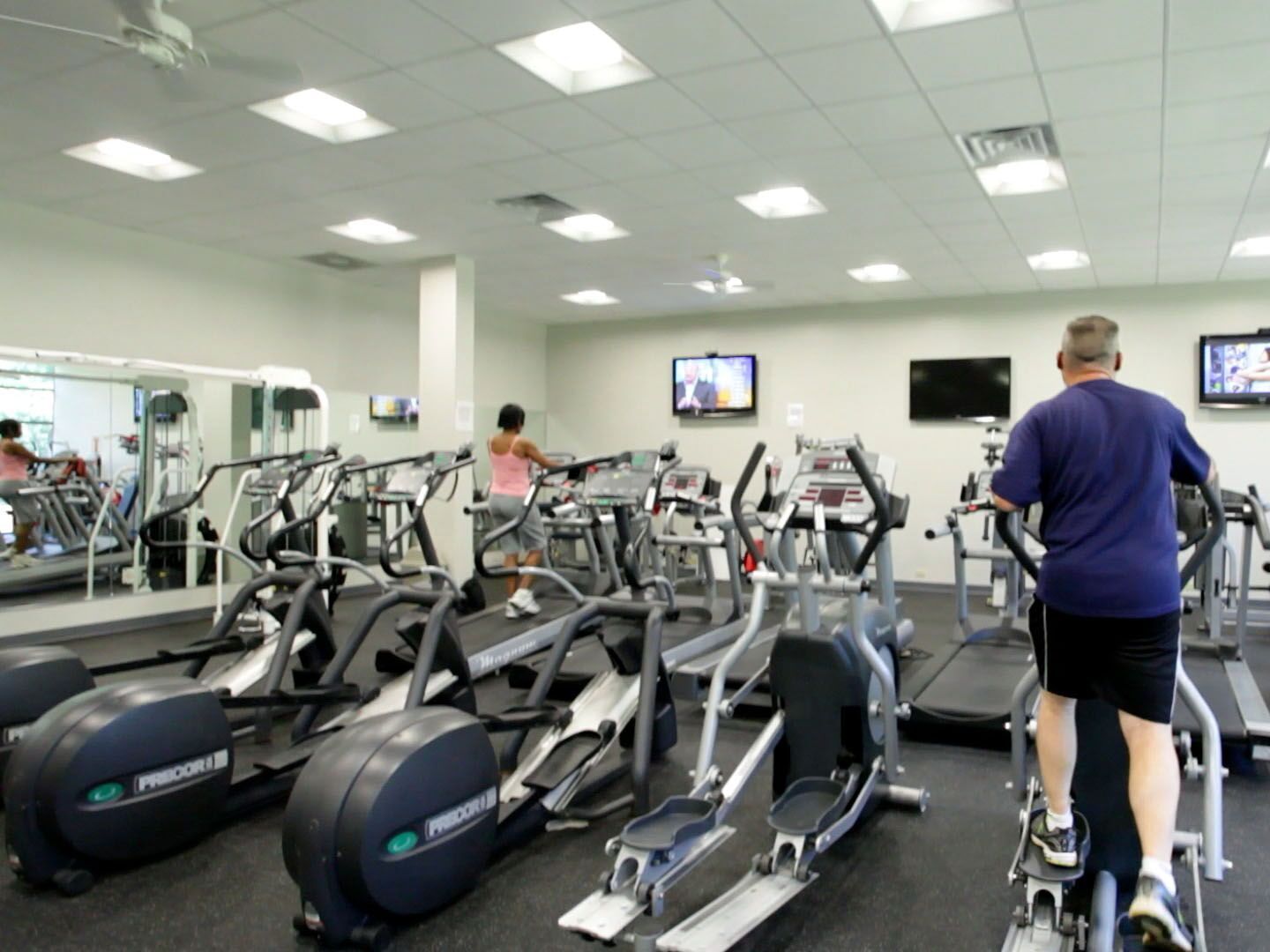
[dropcap]A[/dropcap]round this time every year you will see plenty of people in the gym striving for their killer summer bodies, just dying to get ripped for their holidays abroad. One thing most of us don’t think about is overtraining. Pushing your limits too far can actually inhibit your progress. Hard training breaks you down and makes you weaker. It is rest that makes you stronger in the long run.
You will not improve while training if you do not give your body time to recover and build itself back up before the next session. This, you could say, is common knowledge for people who exercise regularly however, you see people in the gym or on the running track exerting their bodies to the point of total burnout.
If exercise is good for you, more must be better, right? Everyone can experience burnout at some stage but, have you ever thought that overtraining may be prohibiting your overall performance? Your body can be put under a severe amount of pressure with a high amount of training causing strain on all of your muscles. One of the most important things when training is to take days off, which are just as important to see improvements and changes in your body. When athletes do not respect the balance between training and recovery, overtraining can occur. It is a condition of chronic fatigue, underperformance and increased vulnerability to infection or/and injuries. It can lead to severe weight loss, and can cause extreme damage to your muscles.
You might think overtraining is just for elite athletes but in a lot of cases it is just as common for the regular gym bunny or passionate runner. Carl Foster from the Milwaukee Heart Institute stated in a study of monitoring training in athletes that in cases where fatigue resulting from overtraining is responsible for transient performance incompetence, high level increases in training load are arguably the single most inappropriate response an athlete could make.
This time of year people suddenly opt for a major change in training session and extreme change in diet which can cause major stress on your body. Yes this combination may cause you to lose weight fast but it is bad for your body. Instead add small consistent changes to your training plan.
According to the American Council on Exercise the (ACE) there is a “dose-relationship” when it comes to exercise. It states that the more you work out, the more benefits you will achieve, but there is a tipping point beyond which the amount of exercise you perform can do more harm than good.
This point can be reached by one or both of the following two ways: Too much exercise without enough recovery or chronic underfueling. This tipping point is known as overtraining syndrome (OTS) which leads to a decrement in fitness level and a high chance of injury. So you can see how this could affect your long term goal of getting fit but also, could just stop your fitness journey temporarily altogether.
Every single training session you do adds stress and strain to your body. It is only through rest that our bodies get time to rebuild muscle and take a well-deserved rest after being exerted from long periods of training.
In some cases overreaching can be confused for overtraining. In a journal article conducted by the NCBI they state that “Overreaching is considered as accumulation of training load that leads to performance decrements requiring days to weeks for recovery. However, if overreaching is extreme and combined with an additional stressor, overtraining syndrome may result.” Physical symptoms include persistent muscular soreness, increased frequency of viral illnesses, and increased incidence of injuries.
A review of overtraining syndrome by the British Olympic Medical Centre shows that people who over train are usually people who are “highly motivated, conscientious individuals who have responded to their lack of form by increasing the training load, leading to a vicious cycle of fatigue and underperformance”. It goes onto to say that these type of athletes are characterized by their reluctance due to their own ambition and determination sometimes combined with pressure from the coach, fellow athletes and parents.
The treatment for the overtraining syndrome is rest. The longer the overtraining has occurred the more rest you are going to need. You need to take care of your body and if you want to get shredded for summer make small consistent changes to training and diet. All you need to do is stay consistent and you should see the results you want over time. Mind yourself and your body you only have one for life.
Lorna Lawless



